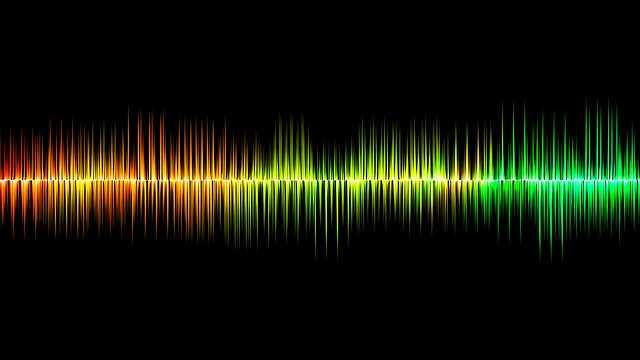
12 years ago I left university after studying music production for five years slightly disheartened. I’d always dreamed of working in a studio and, for five years had on and off. But the reality for me was I didn’t like to be confined to a place of work. I wanted to be mobile and I wanted diversity in my life. It was then that an idea hit me smack in the face and one that would change the course of my life.
I’d used several stock audio libraries whilst working in a voice-over studio, both on CD and online. Back then there was only a handful of libraries online that offered sound effects to download and I realised I could possibly earn a living from recording my own sound effects and selling them through these libraries. So I purchased a Marantz PMD 670 and a Beyer MCE 72 stereo microphone and went out to work.
Over the next two years I recorded approximately 4,000 sounds ranging from nature and urban ambiences to animals and general Foley. I uploaded them to a couple of the bigger, more established sound libraries and waited for the money to come rolling in. And it did, for a while anyway. I’d easily earn a few hundred pounds each month with some months seeing substantially more. But slowly, over the next year or two the flow of cash turned to a trickle. Companies realising that a website offering digital downloadable sound effects was such a strong business model (no replenishing of stock, very few staff, low overheads) created new libraries, which slowly but surely (actually not that slowly) saw the handful of online sound effect libraries and become too many to hold in cupped hands… there were 30 or more.
Great, you’d think. More stores to sell my sounds on. I did add them to as many as I could at this stage, however, the libraries simply offered the same old sounds from the same old libraries and the bigger, corporate companies with more money for marketing grabbed control of the market. They filled their digital shelves with hundreds of thousands of sounds and little old me, with my now 6,000 sounds didn’t really get a look in, becoming a needle in a haystack.
Now I must point out I am not bitter. These huge sound effect libraries offer a wide range of sounds and for the user, the filmmaker, the animator, teacher, whoever needs them and can now access them quickly, choose from thousands and purchase them cheaply. It’s evolution and there ain’t no stopping it.
It was around five years later that I stopped recording sounds specifically for stock library sale and started to focus on working with educators, aspiring filmmakers animators and sound designers to bring a range of quality free sound effects to the table and hence, the eventual start up of zapsplat.com.
So is it still possible to earn a living from stock libraries? I’d say yes, if you really have passion and drive and can afford to spend time creating and recording the sounds. The good old 80/20 rule I strongly believe holds true too. I once worked out that 20% of my sound effects earned most of my income. There are some important factors and things to consider if this is your plan.
Don’t go into this expecting to earn a living straight away. Recording your own sound effects is fun and rewarding and you can expect to earn some pocket money at first . However if you build a quality library of well recorded and useful sound effects, you can expect to see your income increase over time to potentially a living.
Download SFX
Checking your download limits
Add to list
Please select the list to add to.
List Details